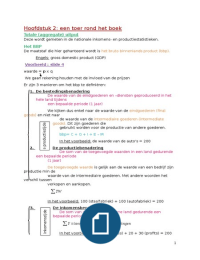Dissertation
Youth inequality
- Cours
- Établissement
This essay highlights three avenues in social life in which younger individuals face inequality in society. It also suggests the injustice these individuals face and the struggles that come with this unequal treatment.
[Montrer plus]





